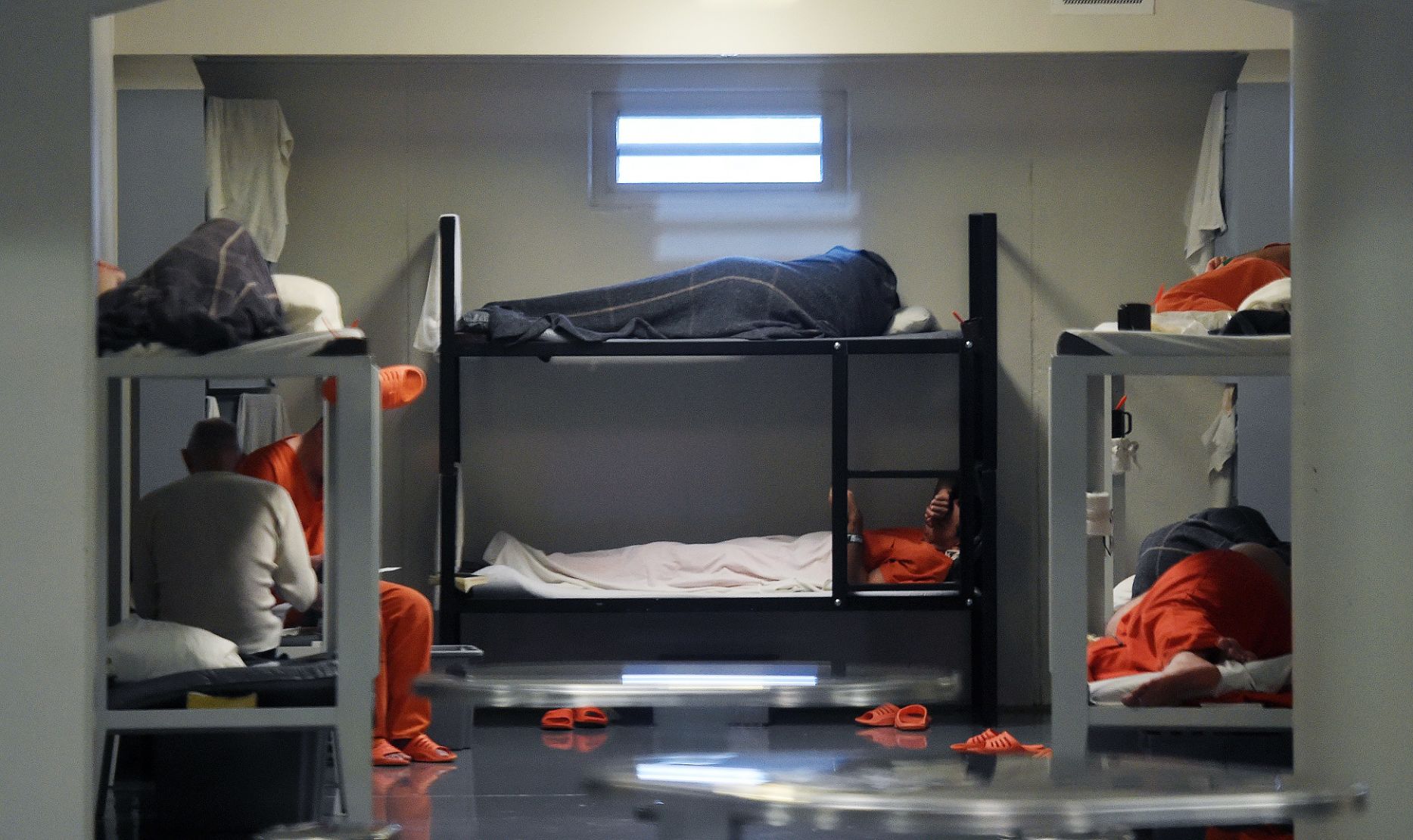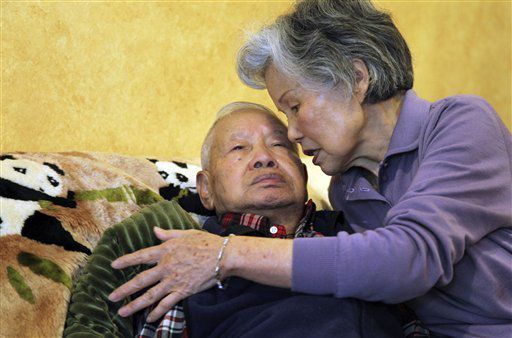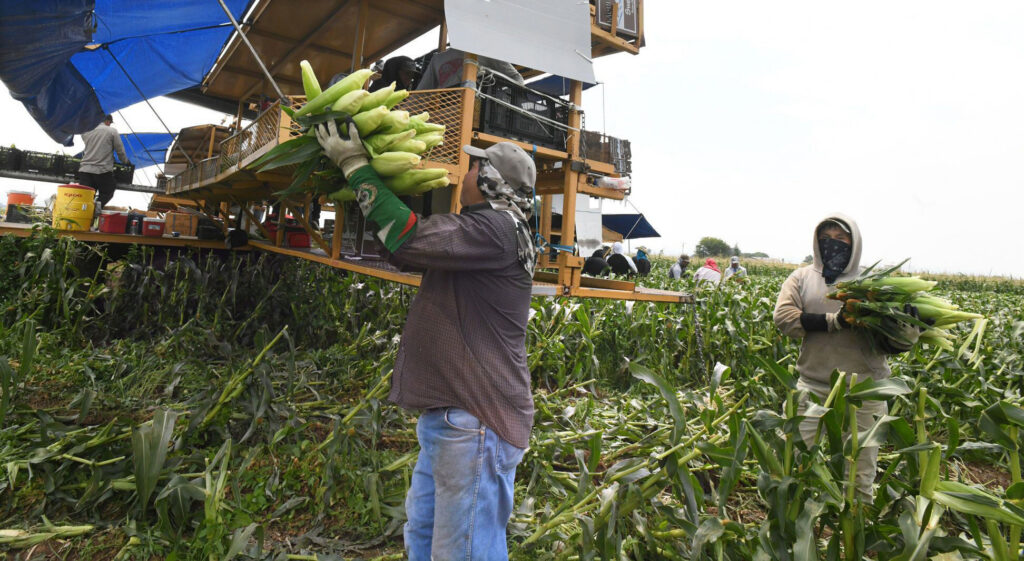House unanimously approves expanding post-conviction DNA testing in Colorado

Robert “Rider” Dewey spent nearly 18 years in prison for a crime he didn’t commit.
Dewey was sentenced to life in prison for the rape and murder of a 19-year-old Palisade woman in 1994. Dewey said he repeatedly requested DNA testing while in prison but was denied for years until connecting with the Innocence Project in 2007. Even then, the testing wasn’t completed until 2010 and the conviction wasn’t overturned until 2012.
“While I was in there, my son died. My only child,” Dewey said. “I’ve got titanium from my first vertebrate to my pelvis now because of all the stomping I got. … I can’t stress DNA testing enough. They could have saved me a lot of headaches.”
Dewey is one of only three people in Colorado exonerated for DNA-related reasons in the 20 years since the state’s post-conviction DNA testing law was established.
Now, lawmakers are trying to expand access to post-conviction DNA testing with House Bill 1034.
The Colorado House of Representative unanimously passed the bill on Tuesday, sending it to the state Senate for consideration.
“Wrongful convictions are a problem in Colorado just as they are across the entire country,” said bill sponsor Rep. Lindsey Daugherty, D-Arvada, during the bill’s committee hearing. “By improving our statue, we can enable petitioners to access testing to prove their innocence and identify the actual perpetrators of the offenses.”
If approved by the Senate, the bill would increase eligibility for people convicted of felonies to receive DNA testing. Current law only allows people who are actively incarcerated to receive the DNA testing, but the bill would open it up to people on felony parole, registered sex offenders, people who have completed their sentences, and people who were found not guilty by reason of insanity.
The bill would also permit courts to order DNA testing if there is a reasonable probability that the person would not have been convicted if DNA testing produced a favorable result at trial.
Daugherty called Colorado’s current post-conviction DNA testing law outdated, pointing out that it hasn’t been updated since it was established in 2003.
“It’s important that innocent people are not in prison,” said bill sponsor Rep. Matt Soper, R-Delta, during the House floor vote. “If someone can prove they are innocent through DNA testing, it’s important that we don’t have current barriers.”














